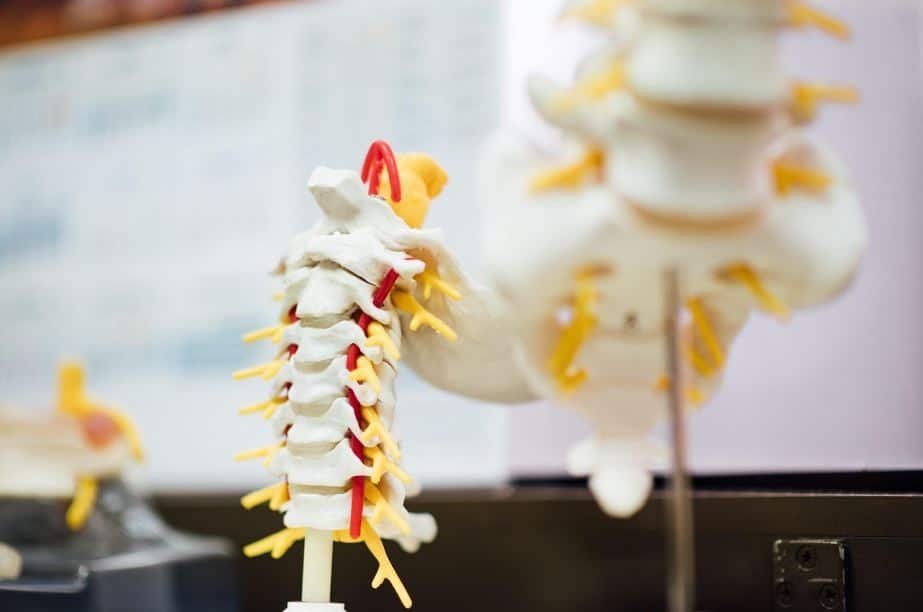Health
How The Everest Foundation Supports Advances In Medicine

The Everest Foundation was created in honor of Dr. Edwin A.D. Everest, a leading Cardiothoracic physician in medical research and academia whose lifelong goal was to support innovation and novel thinking in medicine, with a particular emphasis on supporting new graduates during their medical residency training.
Today the Everest Foundation continues its work led by his son Dr. Michael Everest and Everest’s wife, Agata Everest. It continues to support technological advances in medicine that also focus on the human aspect of training and educating the next generation of doctors to help improve medical care.
The medical field has seen profound changes in the last decade that have been driven by advances in technology. Advances in digital solutions to medical problems through data collection and analysis, novel treatments, and new medical devices promise a new era of improving inpatient care.
Advances in computer technology have driven improved patient outcomes that are now more accessible than at any time in human history. Dr. Michael Everest and The Everest Foundation recognize the ways in which treatment is now available for a wide variety of diseases and medical conditions. At the same time, patient care is more available, effective, and efficient thanks to the way technology has been advancing the field of medicine.
The Everest Foundation has always supported new research and the latest advances in medicine. This includes advances such as ‘big data,’ the collection and analysis of vast amounts of patient and treatment information that, when coupled with artificial intelligence, provides analysis and insights into medical outcomes that would have been impossible only a decade ago. This has led to improvements in the delivery of services in the healthcare industry as a whole.
Doctors can now assess patient histories in new ways, allowing for more accurate diagnoses and better treatments. Advances in 3D printing technology allow bones and internal organs to be created to replace diseased or worn-out body parts in patients. Medical experimentation has also seen radical improvements thanks to technological advances. It is possible to model human reactions to a new drug without relying on human subjects.
Advances in communication technologies promise to make health care available to patients no matter where they are located. At the same time, localized monitoring of their condition (through smartphones, for example) can provide a physician with health data. At the same time, telemedicine means healthcare can be provided without a patient visiting the physician in person, thus extending the availability of medical care to those who previously could not access it.
During his medical career, Dr. Edwin Everest, an innovator and forward-thinker, would have supported such advances in technology wholeheartedly. The Everest Foundation reflects this by supporting the needs of students and graduate doctors in their embrace of the latest advances in health care.
The Everest Foundation made significant donations to medical research while also emphasizing the importance of helping the next generation of medical school graduates. This is done through placements in medical residency training programs that best suit their skills and offer the most advanced medical treatments in their field of specialty.
The Everest Foundation focuses on the human aspect of medical care while also supporting the latest advances in medical technology. They do this by addressing the needs and issues that face doctors during their journey in medical education, by supporting game-changing research and treatments, and most importantly, by supporting placement in the best medical residency programs for aspiring doctors.
Through programs such as the Everest Scholars Initiative, the foundation identifies and addresses the barriers that can exist in medical institutions for the next generation of doctors and medical scientists. They do this so that they can conduct research into the treatments and technology that will drive advances in healthcare today and into the future.
The Everest Foundation has at its core the principle of improving medical care through supporting doctors’ graduate education in medical treatments and advances. It provides funding for medical research, including in medical technology, and helps to open up access to medical residency training programs for graduate doctors. These programs ensure they can better meet the healthcare needs of the communities that they serve.
There are growing opportunities for medical education for graduates in new technologies through more new curricula and programs that become available every day.

The Everest Foundation partners with innovative schools of medicine and research centers to place graduate doctors where they are most suited while implementing initiatives that help with their needs during their residency with fellowships and research placements.
Above all, Dr. Edwin Everest was an educator, and he believed that effective education was the best way to improve health outcomes for patients. While technology-driven advances show huge potential for patient care, the human element remains central to the doctor-patient relationship. As a result, in the latter part of his career, he dedicated his efforts to helping individual student doctors in their graduate medical education placement as well as helping to improve and optimize the outcomes at teaching hospitals and other medical institutions that provide medical training.
Dr. Michael Everest, along with his wife Agata Everest and The Everest Foundation, continues to help achieve these goals in honor of its namesake by helping to improve healthcare through innovation, graduate medical education, and philanthropic donations.
The foundation supports the continuing advancement of medical technology by helping the next generation of doctors remain on the cutting edge of new research and using the results to change the world of medicine.













